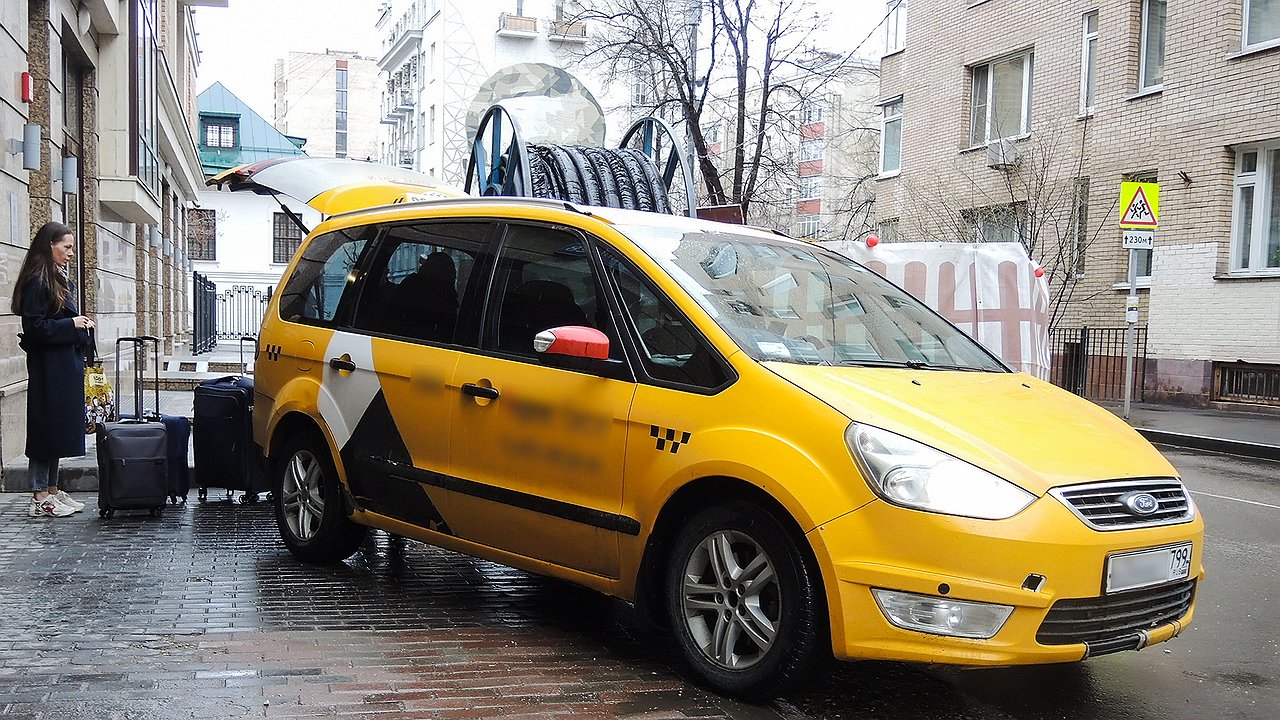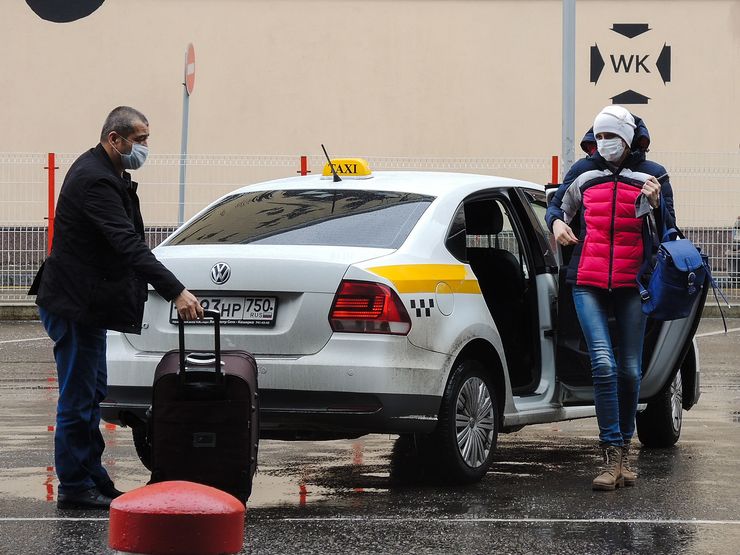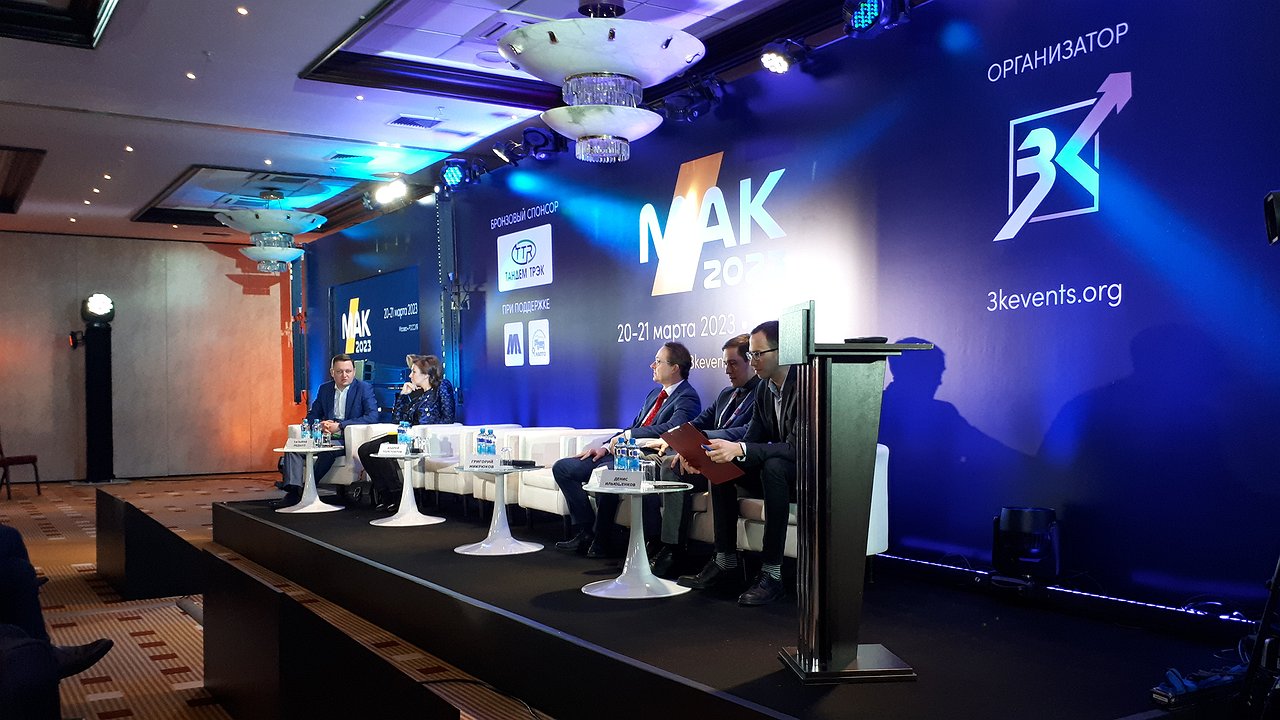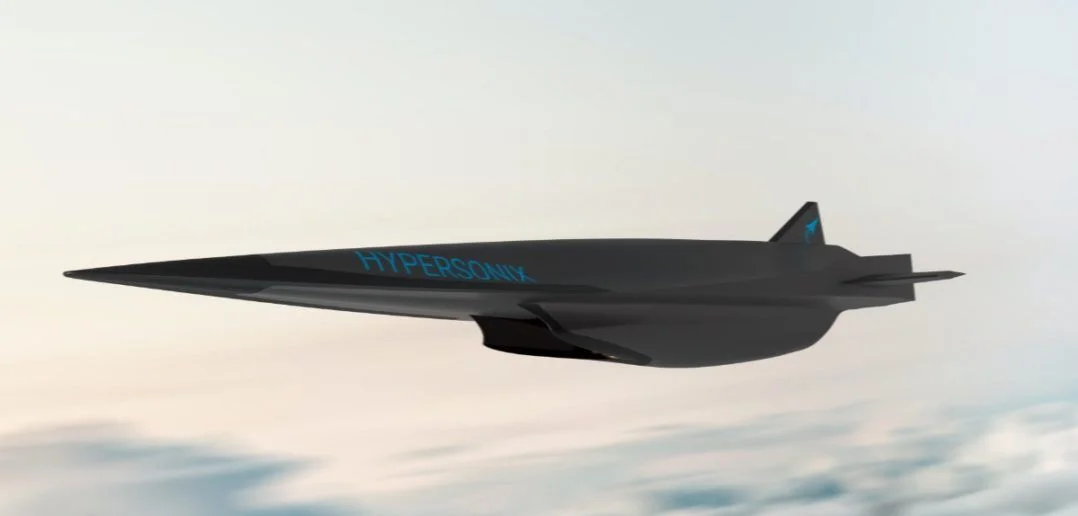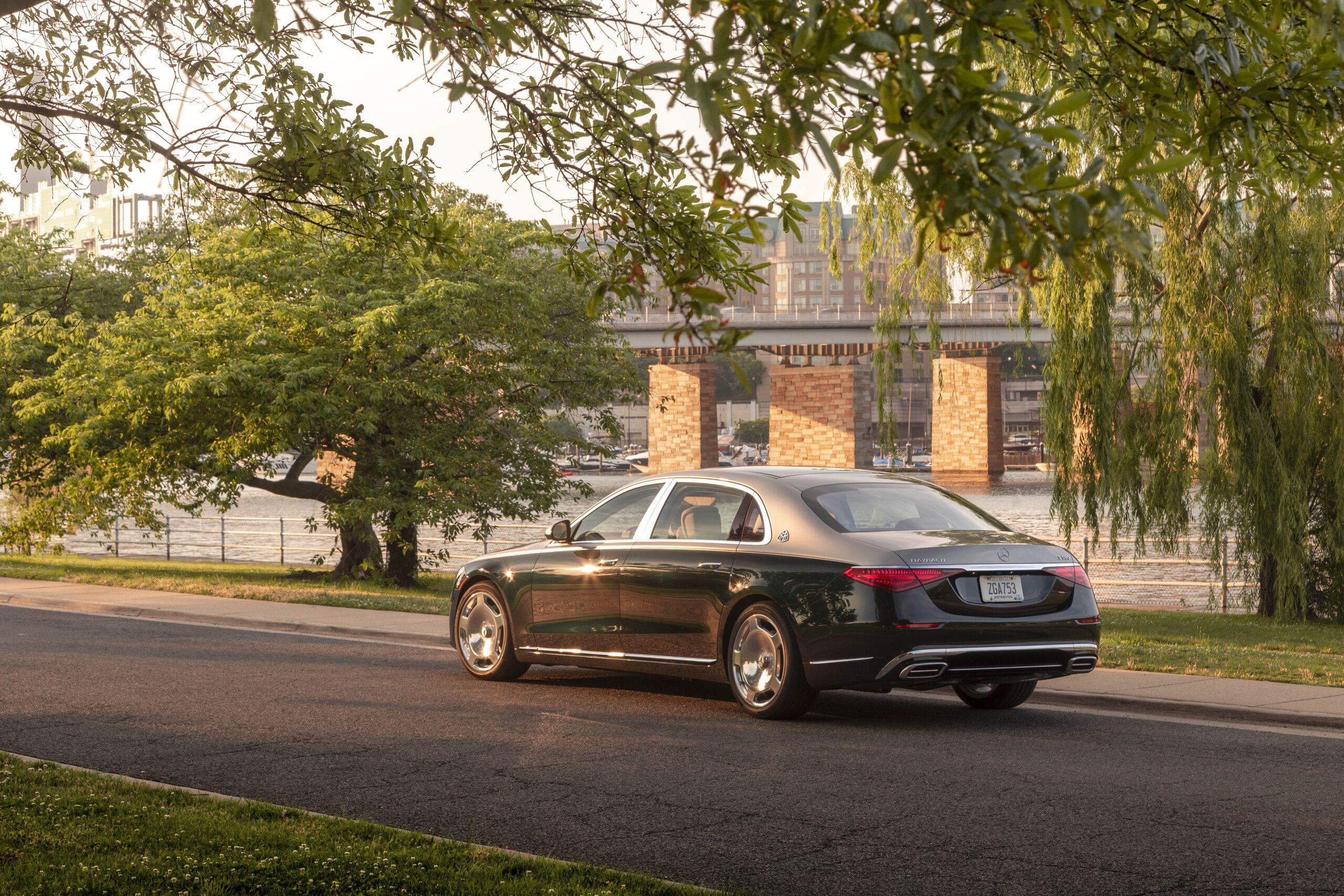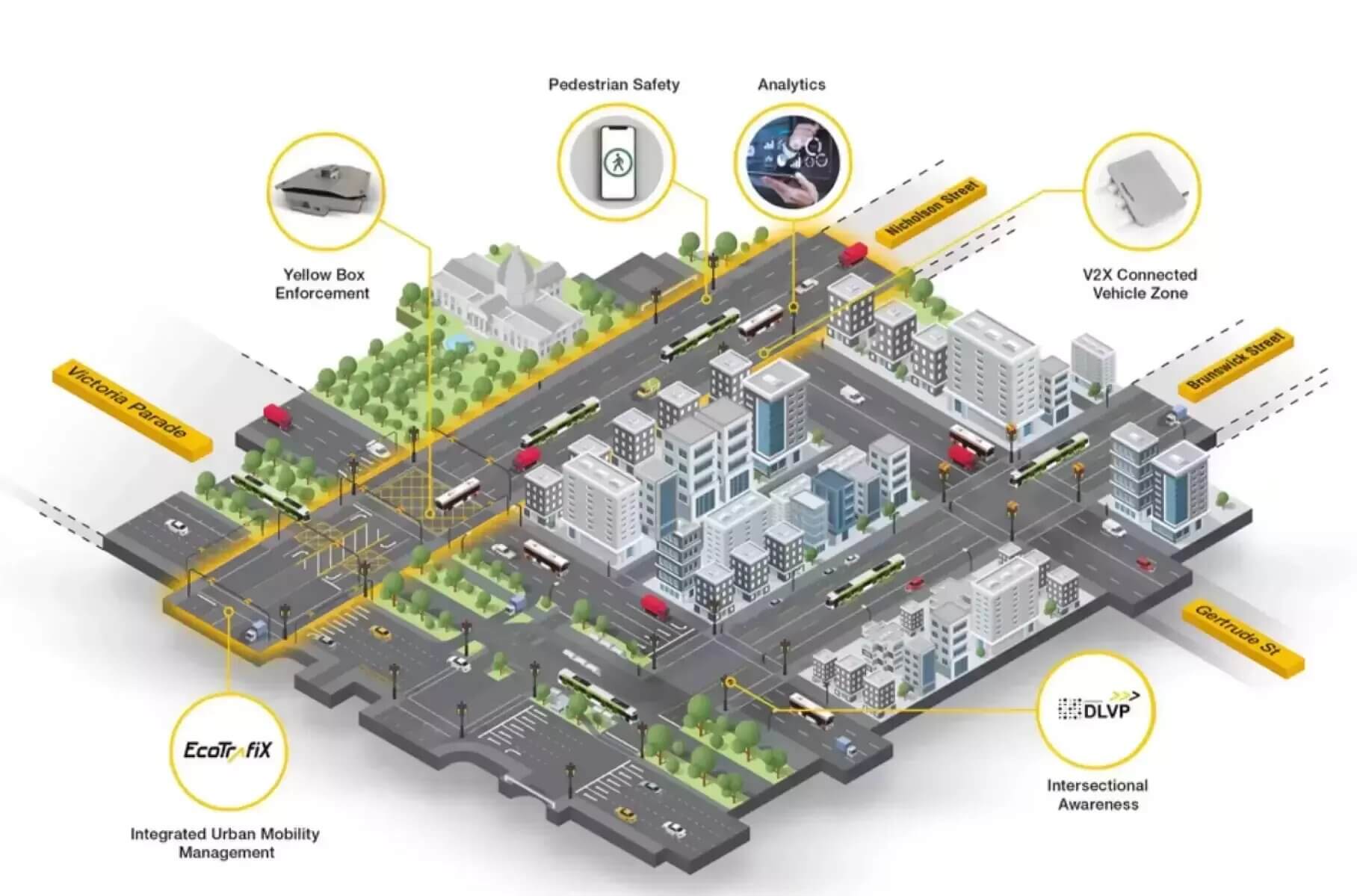However, some experts believe that aggregators increase the price when the user’s phone “sits down”. And the model of this phone also plays a role in the pricing. The more expensive the customer’s smartphone, the more he will pay for the trip. True, representatives of taxi companies strongly deny such tricks. Because, in fact, skeptical opinions that prizes are awarded in random order are refuted.
Theoretically, you can really “draw” them with your hands, but modern software generates prices automatically, guided by a large number of factors and algorithms. On the other hand, the average consumer will not check this in any way. In addition, different services determine prices based on purely internal criteria and often not at all related to the chosen tariff or the presence of “traffic jams”.
No less curious is the fact that the price tag for the service can add up, even if the customer wanted to call a car, but did not have time to order it. For example, a “user” has run out of battery in a “mobile phone”, or he used the service of another aggregator that found a car faster than others, or the price simply did not suit him. In the worst case, the person just changed his mind about going somewhere – you never know what circumstances happened. But on a second request, even after a few seconds, the cost of the trip will often differ from the previous one. And of course not to the benefit of the consumer.
Is this really how the “taxi” punishes a negligent customer? Why not! Although carriers here also refer to the work of artificial intelligence, which independently calculates the price of a trip, not taking into account such nuances. But with frequent refusal of a taxi that has already been called, the costs can really increase, while at the same time lowering the rating of the account owner.







